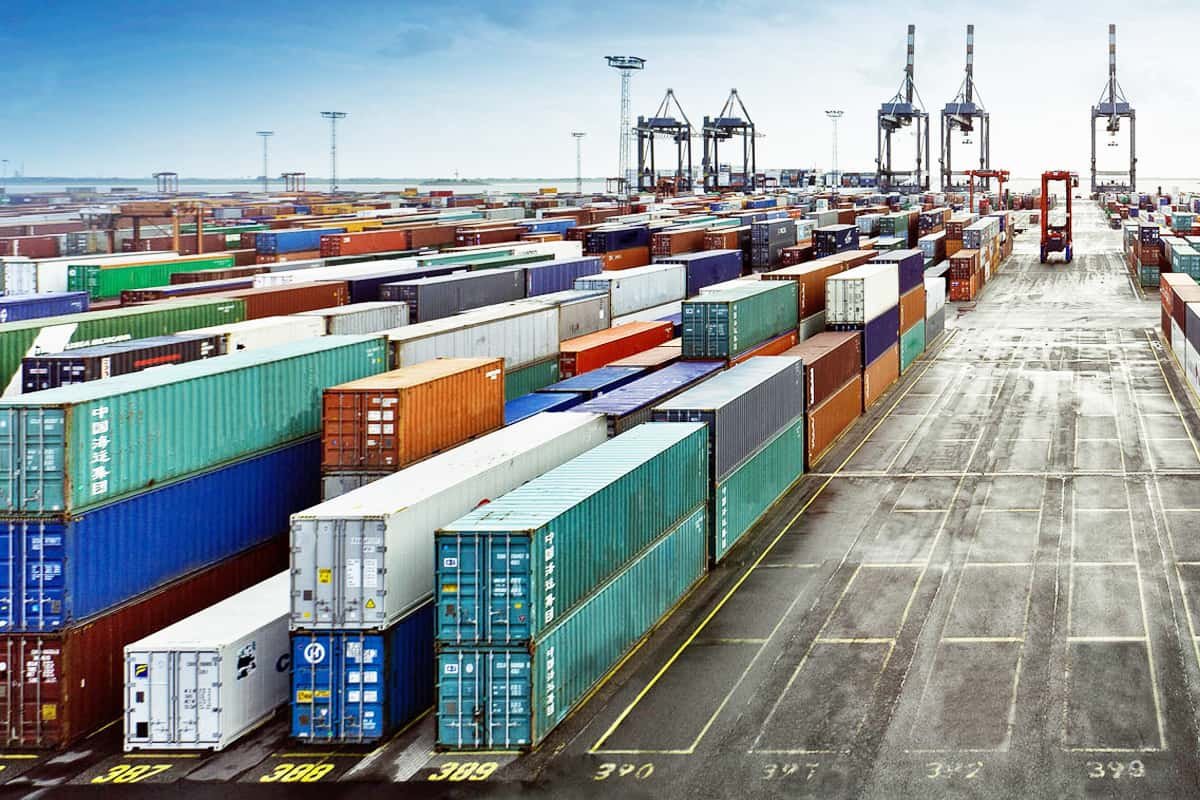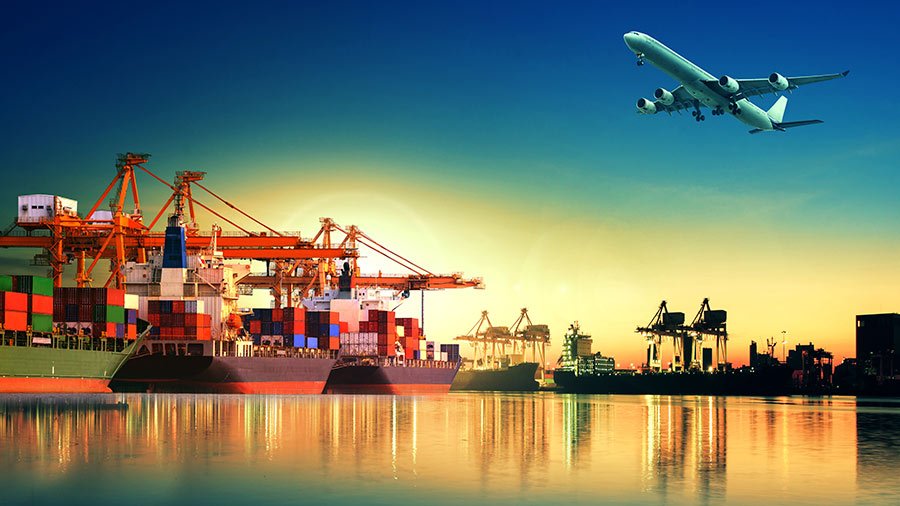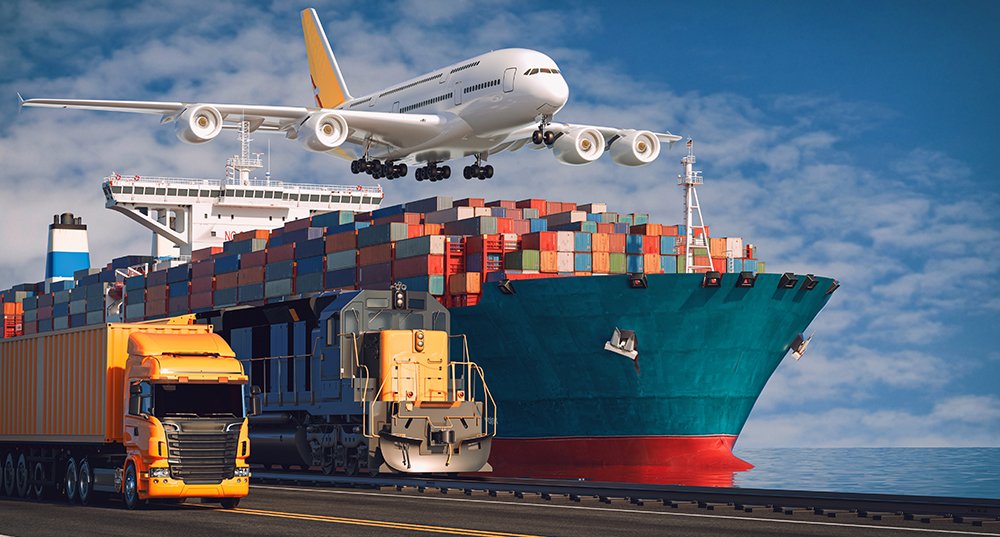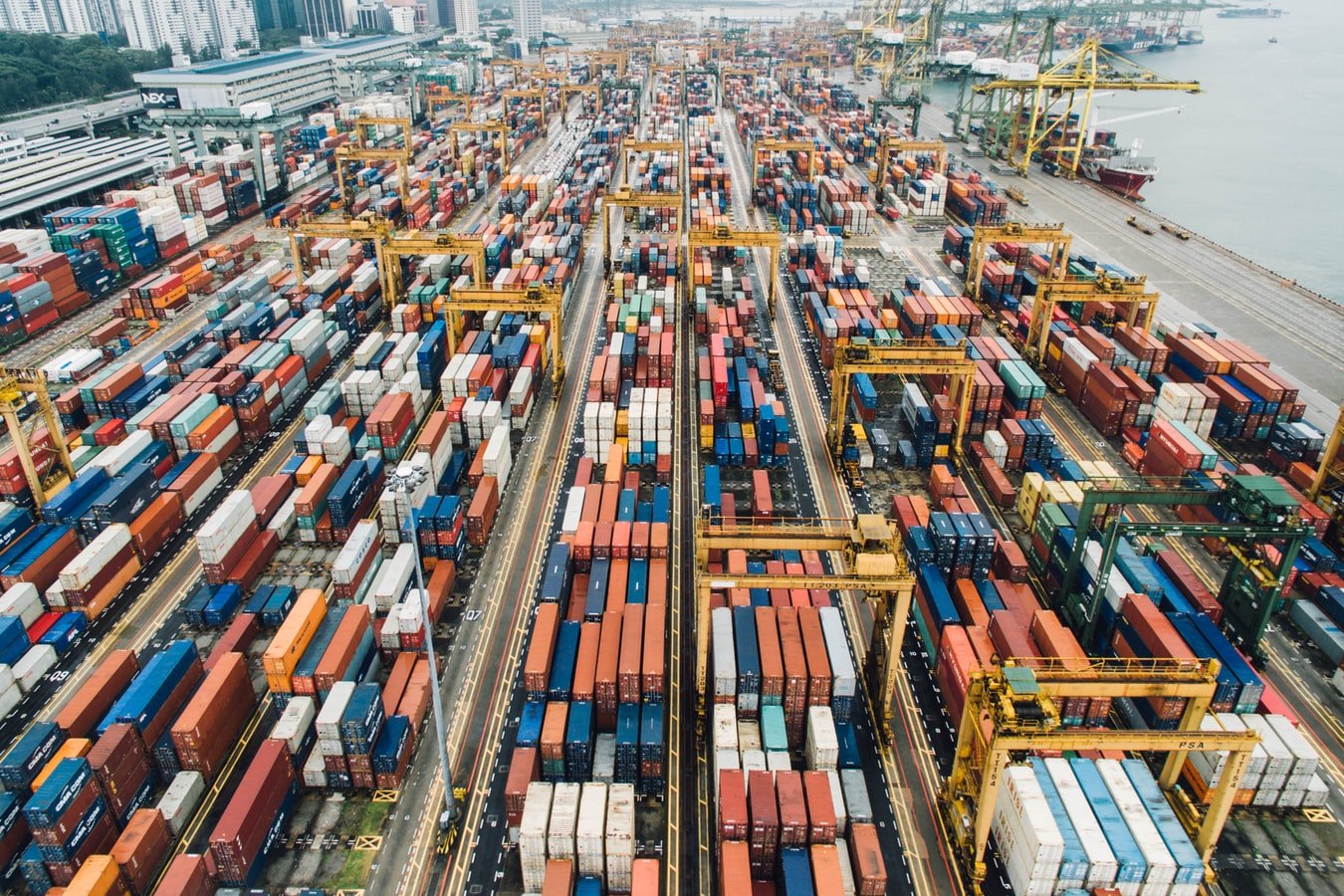How to setup Export Business In Netherlands
Setting up an import and export business in the Netherlands involves several steps and adherence to specific government norms. Here’s a comprehensive procedure to guide you through the process:
- Business Plan and Market Research
- Business Plan: Develop a detailed business plan outlining your business model, target market, financial projections, and strategies.
- Market Research: Conduct thorough research on your products, target markets, competition, and potential suppliers and buyers.

- Choose a Business Structure
- Decide on the legal structure for your business. Common types in the Netherlands include:
- Sole Proprietorship (Eenmanszaak)
- Partnership (Vennootschap onder Firma – VOF)
- Private Limited Company (Besloten Vennootschap – BV)
- Public Limited Company (Naamloze Vennootschap – NV)
- Register Your Business
- Chamber of Commerce (KvK): Register your business with the Dutch Chamber of Commerce (Kamer van Koophandel, KvK). This process includes:
- Filling out the registration form.
- Submitting personal identification and business address details.
- Paying the registration fee.

- Obtain a VAT Number
- Belastingdienst (Dutch Tax Administration): After registration with the KvK, your business will automatically receive a VAT identification number from the Dutch Tax Administration.
- Open a Business Bank Account
- Banking: Open a business bank account to manage your business finances separately from your personal finances.
- Licensing and Permits
- Import and Export Licenses: Depending on the nature of your products, you may need specific licenses or permits. Check with the Dutch Customs (Douane) for:
- General import/export licenses.
- Special licenses for restricted or controlled goods (e.g., food, medicines, chemicals).
- Compliance with EU Regulations
- EU Standards: Ensure compliance with European Union standards and regulations for product safety, health, and environmental protection. This includes CE marking for certain products.

- Customs and Tariffs
- Customs Declarations: Learn about customs procedures and how to file customs declarations. You can do this yourself or hire a customs broker.
- Tariffs and Duties: Understand the tariffs and duties applicable to your goods. The Dutch Customs website provides detailed information on this.
- Logistics and Shipping
- Freight Forwarders: Consider partnering with freight forwarders and logistics companies to handle the transportation of goods.
- Incoterms: Familiarize yourself with Incoterms (International Commercial Terms) which define the responsibilities of buyers and sellers in international trade.
- Contracts and Agreements
- Trade Agreements: Draft clear contracts and agreements with suppliers, buyers, and logistics partners. These should cover terms of sale, payment, delivery, and dispute resolution.
- Insurance
- Business Insurance: Obtain appropriate insurance coverage for your business, including cargo insurance, liability insurance, and business interruption insurance.
- Marketing and Sales
- Export Marketing: Develop a marketing strategy to promote your products in international markets. Utilize trade shows, online marketplaces, and export promotion agencies.
- Financial Management
- Accounting and Taxation: Set up an accounting system to manage finances, invoicing, and tax obligations. Consider hiring an accountant familiar with international trade.

- Join Trade Associations
- Networking: Join trade associations and chambers of commerce to network with other businesses, stay informed about industry trends, and gain access to resources and support.
- Continuous Compliance and Updates
- Regulatory Updates: Stay updated on changes in import/export regulations, customs laws, and international trade agreements that may affect your business.
Useful Resources
- KvK (Chamber of Commerce): KvK Website
- Belastingdienst (Dutch Tax Administration): Belastingdienst Website
- Douane (Dutch Customs): Dutch Customs Website
- RVO (Netherlands Enterprise Agency): RVO Website
Following these steps ensures that your import and export business in the Netherlands is set up in compliance with local and international regulations.








GIPHY App Key not set. Please check settings